The average electric bill in Wisconsin has significantly increased and is impacting many households. In 2022, the average electric bill in Wisconsin was around $106.94 per month, with an average rate of 15.62 cents per kWh and a monthly consumption of 684 kWh. The electric rate increased to 17.82 cents per kWh with a monthly usage of 684 kWh and a utility bill of $121.89 in 2024, marking the high expenses on electricity.
For this reason, people are looking for renewable energy sources to charge their household appliances in Wisconsin. Jackery Solar Generators are robust and efficient charging solutions that can power most household appliances for long hours. The Jackery Solar Generator 2000 Plus and Jackery Solar Generator 3000 Pro are great home battery backups to efficiently charge appliances and lower your reliance on the utility grid.
What Is The Average Electric Bill in Wisconsin?
The average electric bill in Wisconsin in 2024 was around $121.89, with an average rate of 17.82 cents per kWh and monthly consumption of 684 kWh. This is lower than the US monthly electricity bill of $147.70, with an average rate of 16.43 cents per kWh and monthly consumption of 899 kWh.
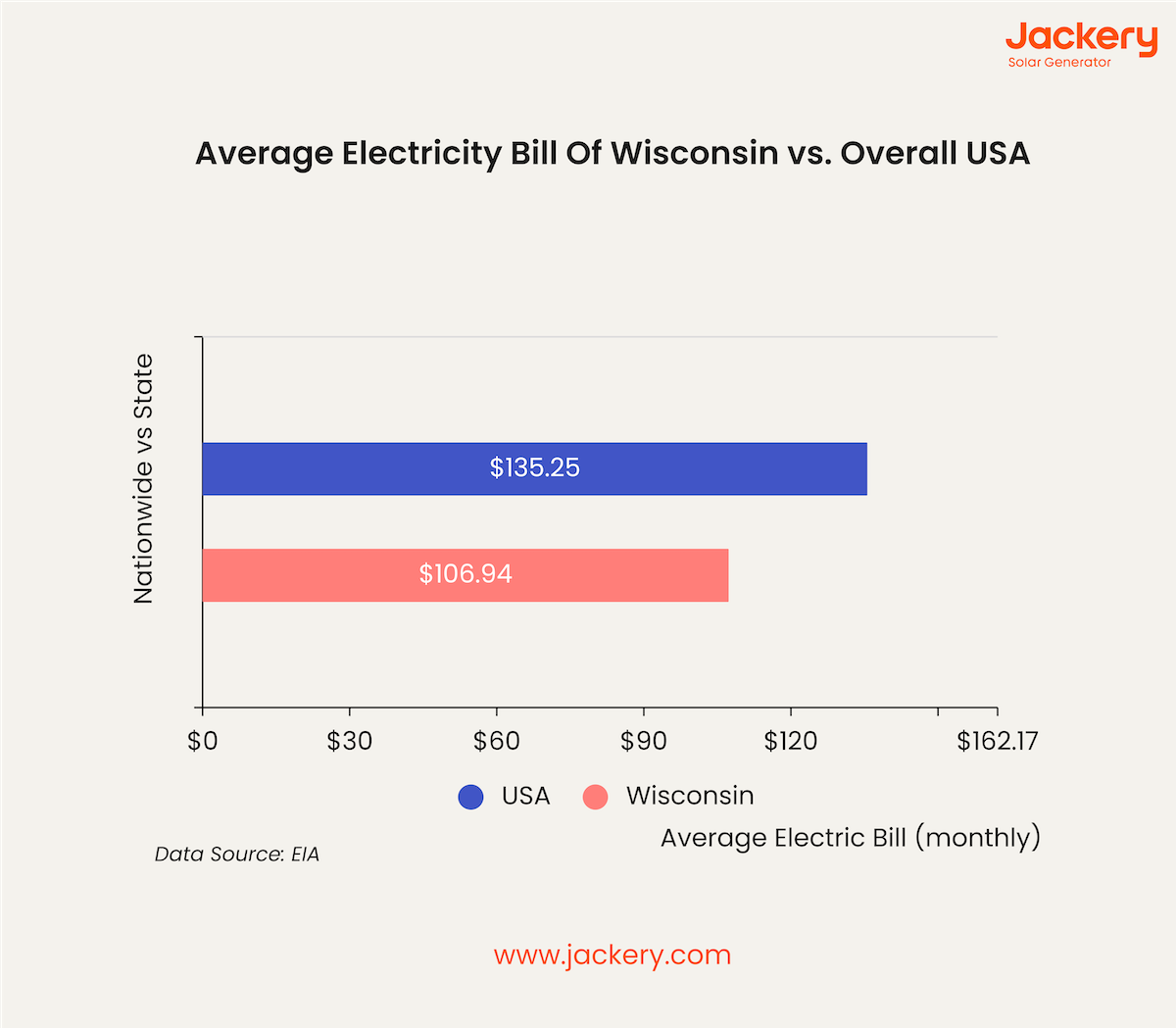
The WE Energies and Wisconsin Public Service (WPS) revealed that millions of residents in Wisconsin will experience a higher electric bill in 2024 as utilities are facing rising costs. The residential customers of WE Energies are expected to pay $12.81 more per month on their electricity bills.
Similarly, WPS customers are expected to pay $9.26 more per month on their utility bills. Higher fuel costs and home heating costs are said to be reflected in the residents' electricity bills. Wisconsin is the 13th US state on the list of states paying the highest electricity bills. Here, we will compare Wisconsin's average bill and energy rates with five other US states.
|
State |
Avg. Bill |
Avg. Rate |
Monthly Usage |
Ranking |
|
Michigan |
$126.75 |
19.44 ¢/kWh |
652 kWh |
15 |
|
Utah |
$86.21 |
11.01 ¢/kWh |
783 kWh |
1 |
|
New York |
$139.71 |
23.60 ¢/kWh |
592 kWh |
21 |
|
Florida |
$151.43 |
13.63 ¢/kWh |
1111 kWh |
32 |
|
Hawaii |
$227.32 |
44.14 ¢/kWh |
515 kWh |
50 |
Source: EIA
What Are The Electricity Rates in Wisconsin?
The residential electric service in Wisconsin provides a steady supply of electricity to the residents. The electricity rate varies depending on multiple factors, such as energy usage, size of the home, and specific utility provider. The electricity rates in Wisconsin also include customer charges, delivery charges, and energy charges. Let's explain them briefly:
Customer Charge: It is the fixed monthly fee that includes the cost of owning, maintaining, and operating all the equipment. The customer charge in Wisconsin varies from $17 to $20 per month. However, the amount is around $5-12 per month for the off-peak service.
Delivery Charge: As the name indicates, the delivery charge is the fee for delivering electricity from the power plant to a home or business. The delivery charges in Wisconsin are around $0.042000 per kWh for residential service and residential TOU service. They are less for off-peak service and are around $0.028810 - $0.029400 per kWh.
Energy Charge: This calculation is based on the amount of electricity in kilowatt-hours (kWh) consumed during the monthly billing period. Energy charges vary depending on the season. For example, they are $0.135000 per kWh in winter and $0.160000 per kWh in summer.
Wisconsin Public Service is a regulated natural gas and electric utility provider that serves approximately 443,000 electric customers. We Energies is another utility company in Wisconsin serving 2.3 million customers. Here, we will compare the average rates per kWh of different electricity providers in Wisconsin.
|
Provider |
Length |
Average Rate Per kWh |
|
WE Energies |
6 - 12 Months |
18.99 ¢ |
|
Alliant Energy |
6 - 12 Months |
16.23 ¢ |
|
Wisconsin Public Service |
6 - 12 Months |
16.52 ¢ |
|
Northern States Power Company |
6 - 12 Months |
16.04 ¢ |
|
Madison Gas & Electric |
6 - 12 Months |
19.81 ¢ |
|
Adams Columbia Electric Cooperative |
6 - 12 Months |
17.19 ¢ |
|
Riverland Energy Cooperative |
6 - 12 Months |
14.27 ¢ |
|
Barron Electric Cooperative |
6 - 12 Months |
13.61 ¢ |
Note: The average rate per kWh and length of the plan are subject to change. You should check the official website of the electricity providers and choose the plan that best meets your needs.
How Much Does It Cost to Live in Wisconsin?
The average cost of living in Wisconsin varies depending on how much electricity, fuel, and other utilities are used by the residents. It is 1% lower than the national average. The average home value in Wisconsin is nearly $262,652, which is 79% of the typical US price.
Standard utilities in Wisconsin include electric, water, sewer, cable TV, Internet, phone, security, and recycling. The utility costs can significantly impact the overall cost of living in Wisconsin, which is around $395 per month. Let's briefly explain some other expenses in Wisconsin that can contribute to the overall cost of living:
Groceries and Food: Wisconsin's groceries and food prices are similar to those found elsewhere in the US. The average monthly spending on food typically ranges between $400 and $440.
Transportation Costs: These costs typically include vehicle maintenance and gas prices. A single adult might pay around $ 5,300 on transportation, with gas prices typically in and around the national average.
Healthcare: The costs can vary depending on factors such as individual circumstances and insurance coverage. You can expect to spend between $3335 and $8241 per year on healthcare.
Tax: Wisconsin's state income tax rate is progressive and ranges between 3.50% and 7.65%. The current sales tax rate is 5%, and depending on the location, there is an additional local sales tax of 5.5% and 6.75%.
Here's a diagram representing the average utility cost in Wisconsin.
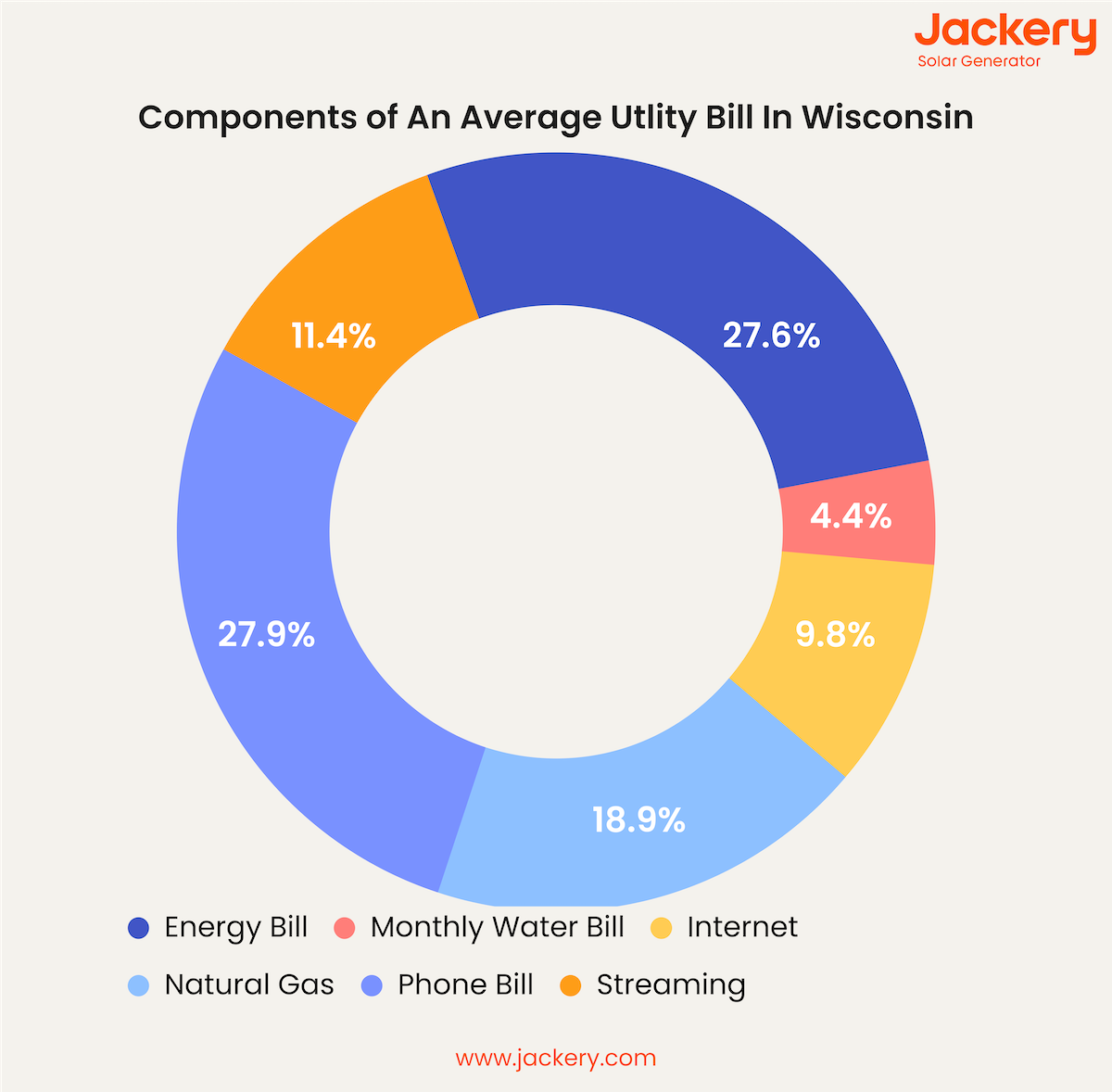
Note: This data is based on information gathered from different official websites, like the Bureau of Labor Statistics, Energy.gov, and the Energy Information Administration.
The cost of living in Wisconsin also depends on the city. Compared to Nationwide living costs, Milwaukee, Madison, and Sturgeon Bay are expensive cities. On the other hand, the cheap cities in Wisconsin include Marshfield, Fond Du Lac, Green Bay, Wausau, Janesville, and Eau Claire.
How to Save Money on Your Electricity in Wisconsin?
There are many factors that can influence the electricity consumption per month. If you want to reduce the electricity consumption in Wisconsin, here are a few ways to do so:
Home Insulation
The average electric bill in Wisconsin includes heating and cooling costs. One way to reduce electricity usage is by improving home insulation. Consider reducing air leakage by air sealing, properly insulating your home, and improving your heating/cooling systems to lower the overall electricity bill.
Smart Thermostat
Air conditioners draw a lot of power, and adjusting their temperature according to the season and time of day will help you save energy and money. For this reason, consider installing a smart and programmable thermostat to control the temperature of your home better and reduce energy waste. The smart thermostat automatically adjusts the temperature higher in summer and lower in winter to increase savings.
Unplug Devices
If you are not using appliances, consider unplugging them. For example, turn off the lights and ACs when you are not in the room. Many chargers draw a small amount of power when the device they charge is not plugged or full. This can add up over time. Therefore, make sure to unplug chargers, including those of power tools, phones, computers, electric toothbrushes, etc.
Replace Home Lighting with LEDs
Your home would have the most frequently and least frequently used bulbs. If you want to lower your electricity bills in Wisconsin, consider replacing the five most frequently used bulbs with LEDs, which could save you over $75 per year.
Switch to Clean Energy
Instead of entirely relying on the electricity grid, consider shifting some of your electricity consumption to renewable energy sources like solar generators. If you want to start using solar power but have a limited budget, consider investing in Jackery Solar Generators. These portable home battery backups can charge most household appliances, including ACs, refrigerators, etc., to reduce your reliance on electricity grids.
Jackery Solar Generators For Lowering Your Electric Bills
Jackery is a reputable brand that manufactures portable solar generators, solar panels, and power stations. The Jackery Solar Generators have two components: the portable Jackery Explorer Portable Power Stations and foldable Jackery SolarSaga Solar Panels. They work when sunlight falls on the Jackery SolarSaga Solar Panels, which are made with highly efficient monocrystalline silicon solar cells.
The sun's energy is converted to DC electricity, which is supplied to the Jackery Explorer Portable Power Stations. The pure sine wave inverter in the power station converts the DC to AC electricity to charge most household appliances for long hours. These home battery backups charge the appliances using free energy, reducing your reliance on the utility grid. Additionally, these are portable energy solutions that can be carried anywhere around the house.
Jackery Solar Generator 3000 Pro
The Jackery Solar Generator 3000 Pro has an NMC battery of 3024 Wh, and a high output power of 3000 W. These whole-home battery backups can charge 99% of household appliances to reduce the average electric bills in Wisconsin. They can keep appliances powered during extended power outages, blackouts, and brownouts, so you never have to worry about unexpected power loss. With the help of the 6*Jackery SolarSaga 200W Solar Panels, the NMC battery backup can be fully charged in 3.5 hours.

|
|
Solar Generator 3000 Pro |
|
Capacity |
3024 Wh |
|
Battery Cell |
NMC |
|
Cycle Life |
2000 cycles to 70%+ capacity |
|
Recharging Methods |
Solar Recharging: 3.5 H (6*Jackery SolarSaga 200W Solar Panels) Car Recharging: 35 H Wall Recharging: 2.4 H |
|
Output Ports |
AC Output (x1): 120 V~ 60 Hz 25 A Max AC Output (x3): 120 V~ 60 Hz 20 A Maximum USB-C Output (x2): 100 W Maximum, 5 V⎓3 A, 9 V⎓3 A, 12 V⎓3 A, 15 V⎓3 A, 20 V⎓5 A |
|
Working Hours |
Microwave (1050 W): 2.4 H Kettle (850 W): 3 H Electric Oven (800 W): 3.2 H Refrigerator (500W): 5.1 H TV (60W): 42.8 H |
|
Customer Review |
“It worked really well all night. Long on a heater to keep the cold out when the electricity went out!” — Alicia. |
Jackery Solar Generator 2000 Plus
The Jackery Solar Generator 2000 Plus is another battery backup for homes with a LiFePO4 capacity of 2042.8 Wh. It also supports 99% of household appliances to lower the electricity drawn from the utility grid. You can recharge the LiFePO4 battery in only 2 hours with the help of 6*Jackery SolarSaga 200W Solar Panels. The Jackery Explorer 2000 Plus Portable Power Station is compatible with an additional Jackery Battery Pack 2000 Plus to expand the battery from 2 kWh to 24 kWh.

|
|
Solar Generator 2000 Plus |
|
Capacity |
2-24 kWh |
|
Battery Cell |
LiFePO4 |
|
Cycle Life |
4000 cycles to 70%+ capacity |
|
Recharging Methods |
Solar Recharging: 2 H (6*Jackery SolarSaga 200W Solar Panels) Car Recharging: 25 H Wall Recharging: 2 H |
|
Output Ports |
AC Output (×4) 120 V~ 60 Hz, 20 A Maximum AC Output (×1) 120 V~ 60 Hz, 25 A Maximum USB-A Output (x2): Quick Charge 3.0, 18 W Maximum USB-C Output (x2): 100 W Maximum, (5 V, 9 V, 12 V, 15 V, 20 V up to 5 A) |
|
Working Hours |
Microwave (1050 W): 1.6 H Kettle (850 W): 2 H Electric Oven (800 W): 2.1 H Refrigerator (500W): 3.4 H TV (60W): 28.9 H |
|
Customer Review |
“I like this thing. It's got a lot of power. It powered my air conditioner on high. It powered power tools. It's really not that heavy. It doesn't take too long to charge.” — Michelle H. |
How Solar Helps to Save Electric Bills?
Solar systems can reduce — or even eliminate — electricity bills in Wisconsin. However, the exact amount you save on the monthly bill will depend on two main factors: how much electricity bills can be offset with solar and how much you spend on electric bills currently.
Let's say a Wisconsin resident needs an 8.9 kW solar panel system to offset their entire annual electricity consumption of around 684 kWh per month or 8208 kWh per year. If there is a 1.6% yearly rise in electricity prices, you can expect to save $2100 in the first year, $10,900 in five years, $22,800 in ten years, and $49,400 in twenty years.
However, it can be expensive to install a solar panel system at your Wisconsin home. If you want to go for a solution that's affordable, you may consider choosing the Jackery Solar Generators. They are portable and efficient enough to power most household appliances, making these home battery backup solutions ideal for offsetting electricity bills.
Wisconsin Average Electric Bill FAQs
What size of solar generator do I need for my house in Wisconsin?
The size of a solar generator for your Wisconsin home will depend on the electric appliances used at the same time, their wattage consumption, and the time for which you want to run them. For instance, if you are charging a refrigerator (500 W), LED lights (10 W), and a fan (150 W) simultaneously with the Jackery Solar Generator 3000 Pro, the working time will be:
Working Time = Battery Capacity in Wh * 0.85 / Wattage Consumption of Appliances = 3024 Wh * 0.85 / 660 W = 3.9 hours.
We have multiplied the battery capacity by 0.85 because there will be some form of power loss while charging the appliances.
What is the average utility bill in Wisconsin?
The average utility bill in Wisconsin varies depending on how much you use it and typically ranges between $380 and $420. It impacts the overall cost of living of Wisconsin residents. Here's a table revealing different utilities and their average cost in Wisconsin.
|
Utility |
Average Bill |
|
Energy bill |
$121.89 |
|
Monthly water bill |
$18 |
|
Internet |
$40 |
|
Natural gas |
$77 |
|
Phone bill |
$114 |
|
Streaming |
$46.50 |
Note: These are average rates and may change based on how the residents use these utilities.
Why is my electric bill so high in Wisconsin?
There are many reasons why electricity bills are high in Wisconsin, including changes in the amount of natural gas used, modifications in energy prices, and the effects of weather on energy usage.
How much is the average electric bill in the US per month?
As of 2024, the average electric bill in the United States is $147.70, with an average rate of 16.43 cents per kWh and monthly consumption of 899 kWh.
What state has the highest average electric bill?
Hawaii has the highest average electric bill of $227.32, with an average electric rate of 44.14 cents per kWh and a monthly usage of 515 kWh.
Final Thoughts
The average electric bill in Wisconsin fluctuates throughout the year and typically tends to increase in summer and winter because of the increased usage of heating and cooling devices. For this reason, many people are planning to switch to clean and green energy like Jackery Solar Generators. They are portable home battery backups that work on the free sun's energy and charge most household appliances. The Jackery Solar Generator 3000 Pro, for example, can charge 99% of home appliances for long hours and reduce the overall high electricity bills in Wisconsin.

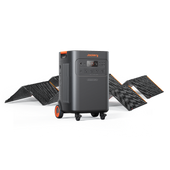











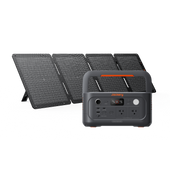



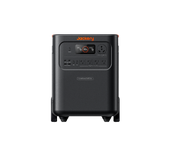
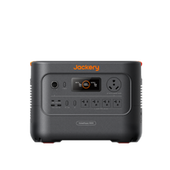





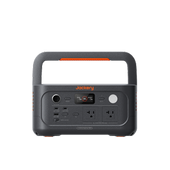





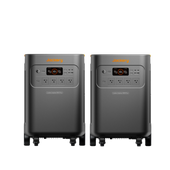
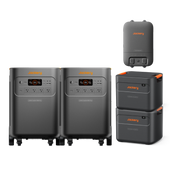





![[Add - on] Jackery Manual Transfer Switch for Explorer 5000 Plus - Jackery](http://www.jackery.com/cdn/shop/files/add-on-jackery-manual-transfer-switch-for-explorer-5000-plus-9017324.png?v=1754016782&width=170)

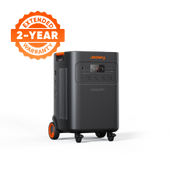







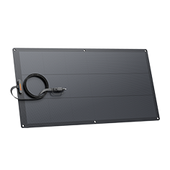
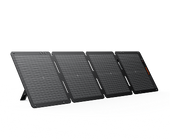




















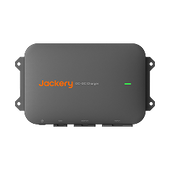




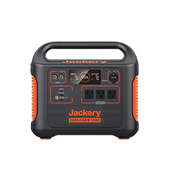






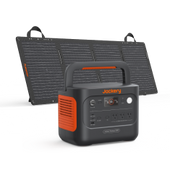
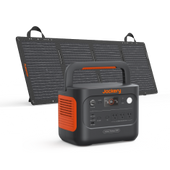






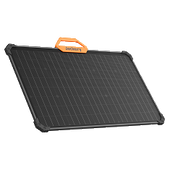




































![What Is The Average Electric Bill in Wisconsin [2024 Updated]](http://www.jackery.com/cdn/shop/articles/what-is-the-average-electric-bill-in-wisconsin-2024-updated-8486702.jpg?v=1754018042)







Leave a comment